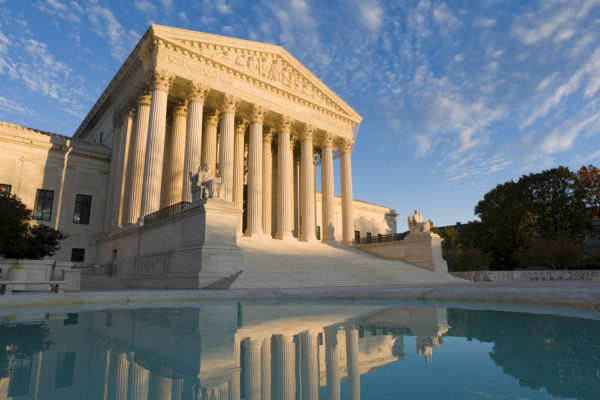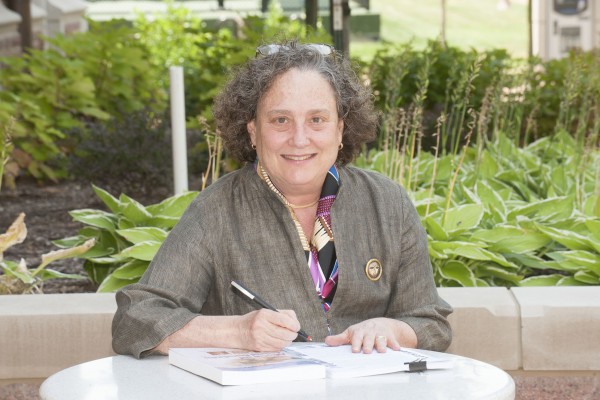WashU Expert: SCOTUS decision big win for access to reproductive health care
The Supreme Court ruled June 27 to throw out a Texas law making access to abortion more difficult in the state. The move is an important win for women and their access to reproductive health care, said Susan Appleton, a noted expert on family law and reproductive rights.
WashU Expert: Utah foster child case exposes possible limits of SCOTUS gay marriage decision
A Utah juvenile court judge;s decision regarding the foster child of a lesbian couple expose the possible limits of the Supreme Court’s ruling this summer on gay marriage, said Susan Appleton, a national expert in family law.
Numerous flaws in ‘personhood’ movement, says family law expert
On Nov. 8, Mississippi voters will cast their ballots on Initiative 26, which would make every “fertilized egg” a “person” as a matter of law. “Many have rightly condemned this so-called ‘personhood’ initiative as an attack not only on abortion rights, but also on the ability to practice widely used methods of birth control, to attempt in vitro fertilization, and to grieve a miscarriage in private, without a criminal investigation by the state,” says Susan Appleton, JD, family law expert and the Lemma Barkeloo and Phoebe Couzins Professor of Law at Washington University in St. Louis. “But these criticisms fail to identify another flaw in the reasoning of the initiative’s proponents,” she says. “The proponents assume that attaching the label of ‘person’ to fertilized eggs, embryos and fetuses necessarily establishes a legal basis for criminalizing abortion, or even for requiring its criminalization.”
Can U.S. law handle polygamy?
HBO’s Big Love and TLC’s reality-TV offering Sister Wives have thrust polygamy into popular culture in the United States. Estimates are that somewhere between 50,000-100,000 families in this country are currently risking criminal prosecution by practicing plural marriage. Proponents and detractors of polygamy use same-sex marriage to support their arguments, but that’s just a distraction, says Adrienne Davis, JD, an expert on gender relations and the William M. Van Cleve Professor of law at Washington University in St. Louis. “While the gay analogy may make for splashy punditry and good television, it distracts us from the main legal issue — polygamy challenges the regulations inherent in the conventional two-person marriage,” Davis says. “Putting aside whether you think polygamy is ‘right’ or ‘wrong,’ it is important to look at whether U.S. law is up to regulating marital multiplicity.” She proposes some default rules that might accommodate polygamy, while ensuring against some of its historic and ongoing abuses.
Gender has no place in the legal definition of parenthood, says family law expert
The continuing debate over same-sex marriage has put the issue of gender at the forefront of conversations about whom the law recognizes as a child’s parents. “The shift in family law’s treatment of gender has been transformative,” says Susan Appleton, JD, family law expert and the Lemma Barkeloo and Phoebe Couzins Professor of Law at Washington University in St. Louis.
Massachusetts Supreme Court took bold step on same-sex marriage, but ruling was outcome of ‘contemporary legal developments’
The recent ruling by the Massachusetts Supreme Judicial Court allowing same-sex marriages relied on the state constitution’s guarantees of both individual liberty and equality to conclude that no rational basis supports the exclusion of same-sex couples from civil marriage and its benefits, according to Susan Appleton, a family law expert at Washington University in St. Louis. “Although the court took a bold step, the outcome follows unremarkably from a number of contemporary legal developments,” says Appleton, the Lemma Barkeloo & Phoebe Couzins Professor of Law.


